Today’s #kanji is 破, which is listed under its semantic element of #いしへん(いし). The phonetic element is 皮 although 破 and 皮 don’t share a sound in Japanese.
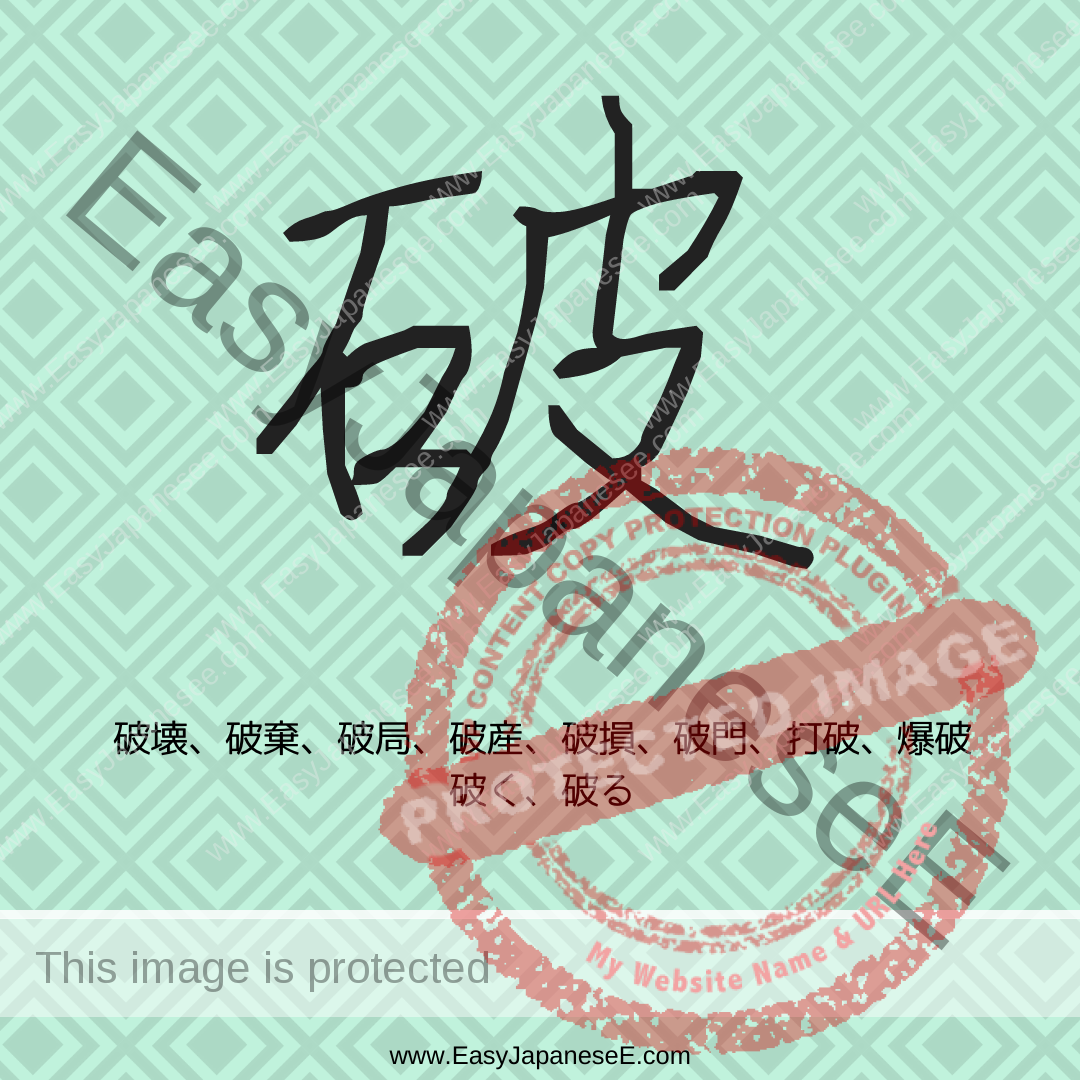

Today’s #kanji is 破, which is listed under its semantic element of #いしへん(いし). The phonetic element is 皮 although 破 and 皮 don’t share a sound in Japanese.
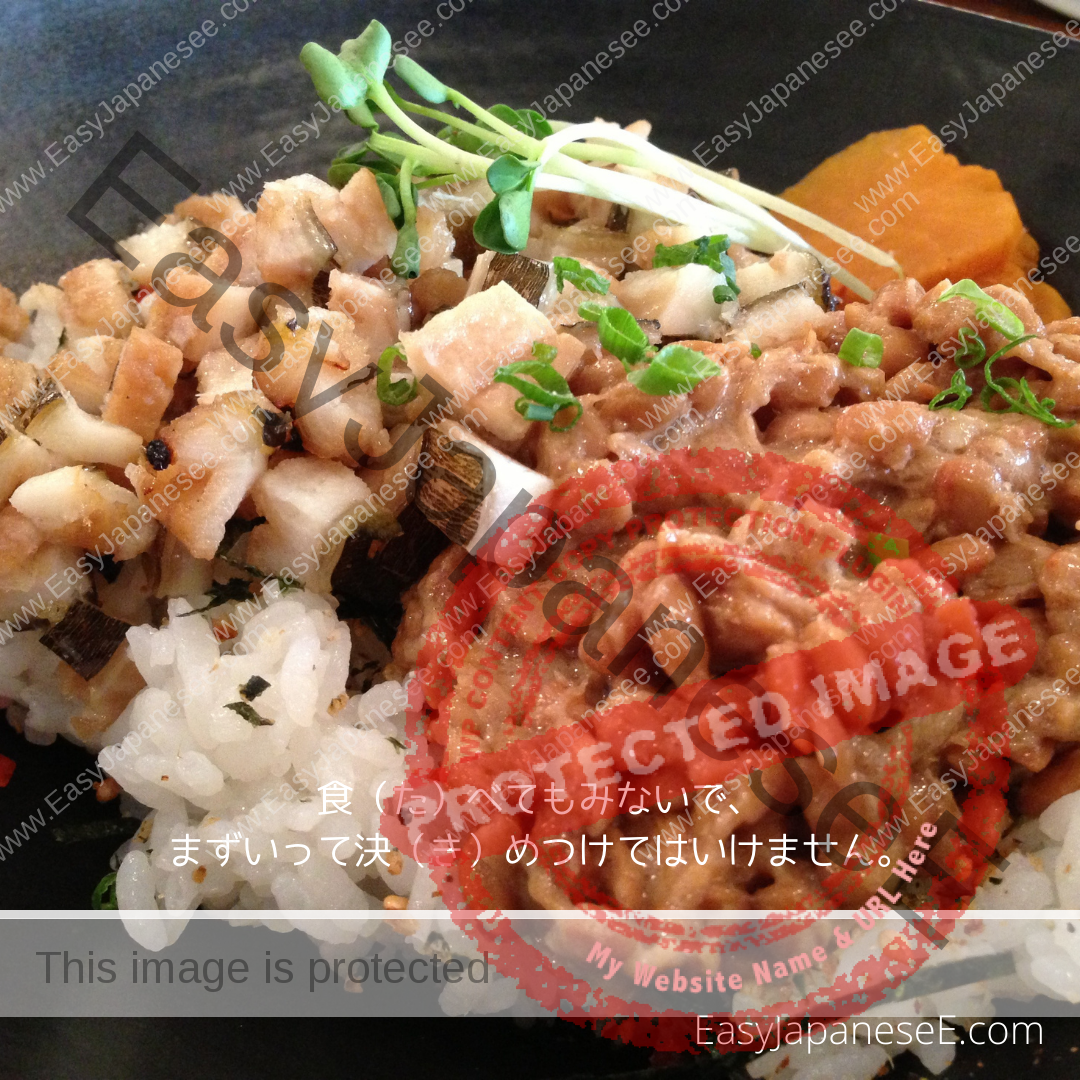
とおす itself means put someone/something through (to …) but it can be used after a verb stem and ~とおす adds the meaning of “continuously” and/or “to the end.”
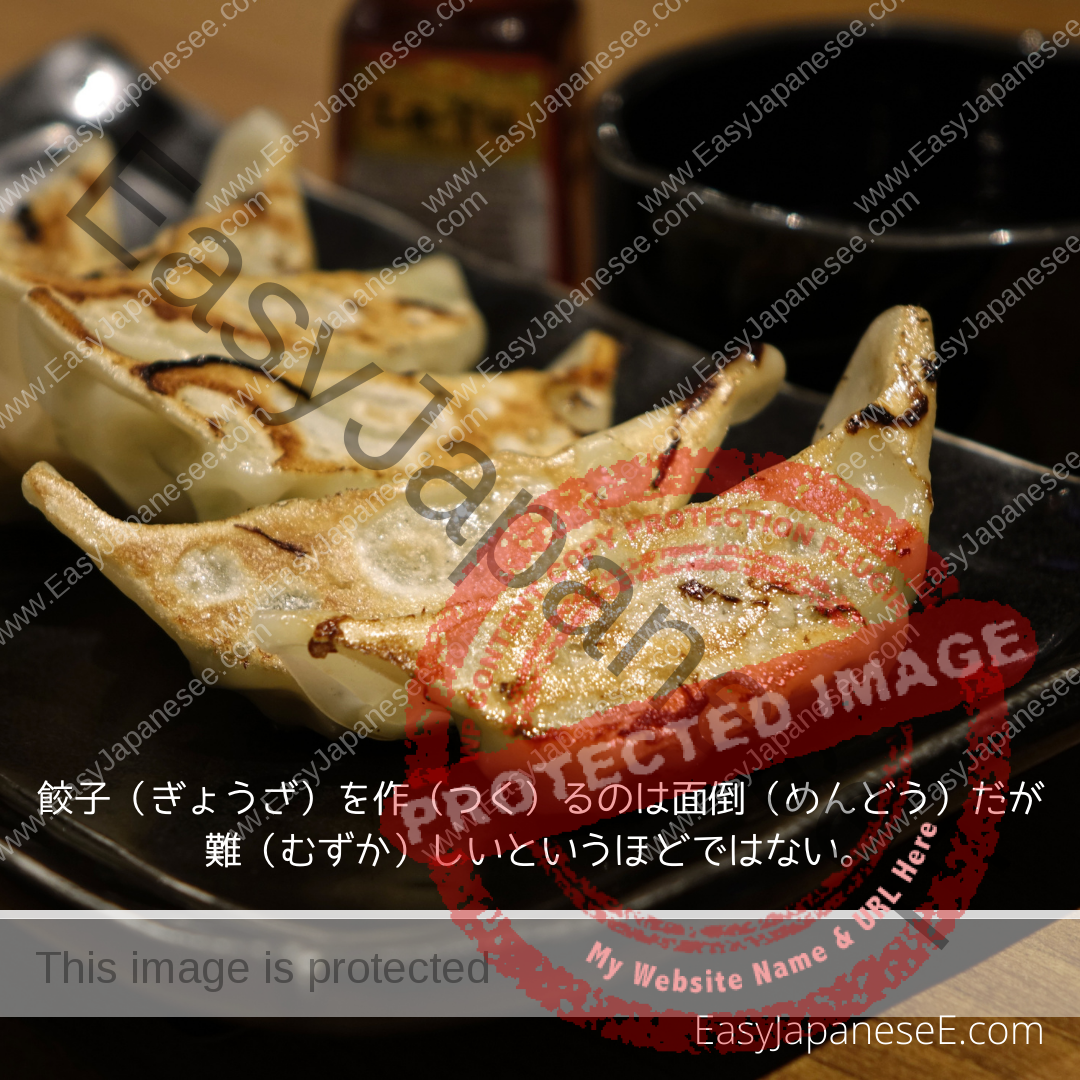
~というほどではない is an expression to say “the extent of something is not as much as you would call ~.” It is often used to make a humble statement about oneself.
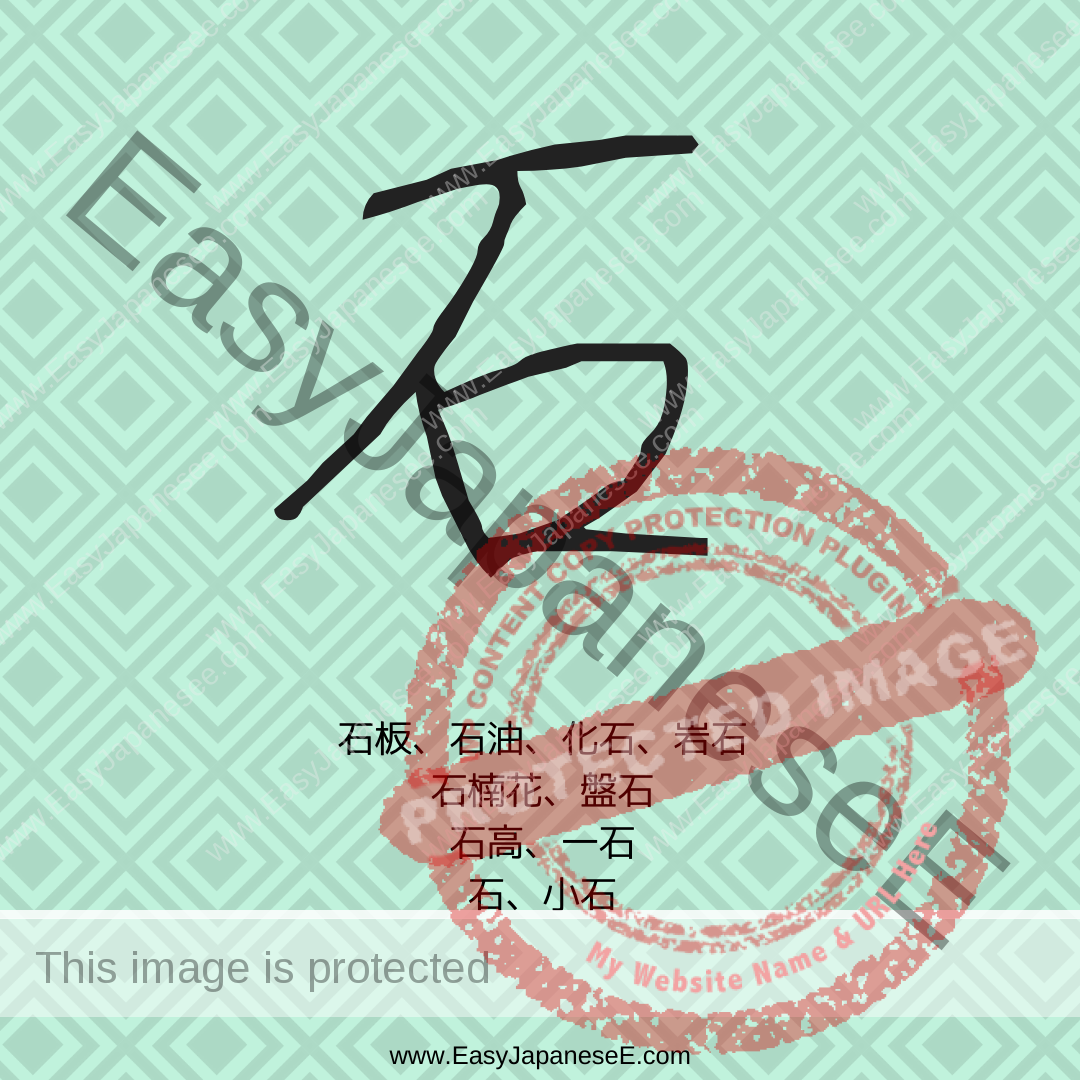
Today’s #kanji is 石, which makes its own radical, #いしへん(石). 石 is a pictograph depicting a stone (口) which lies at the bottom of a cliff (厂).

~てもみないで means “even though one doesn’t do ~” and implies the sense of criticism and/or accusation. ~てもみないで can be used with a wide variety of verbs.
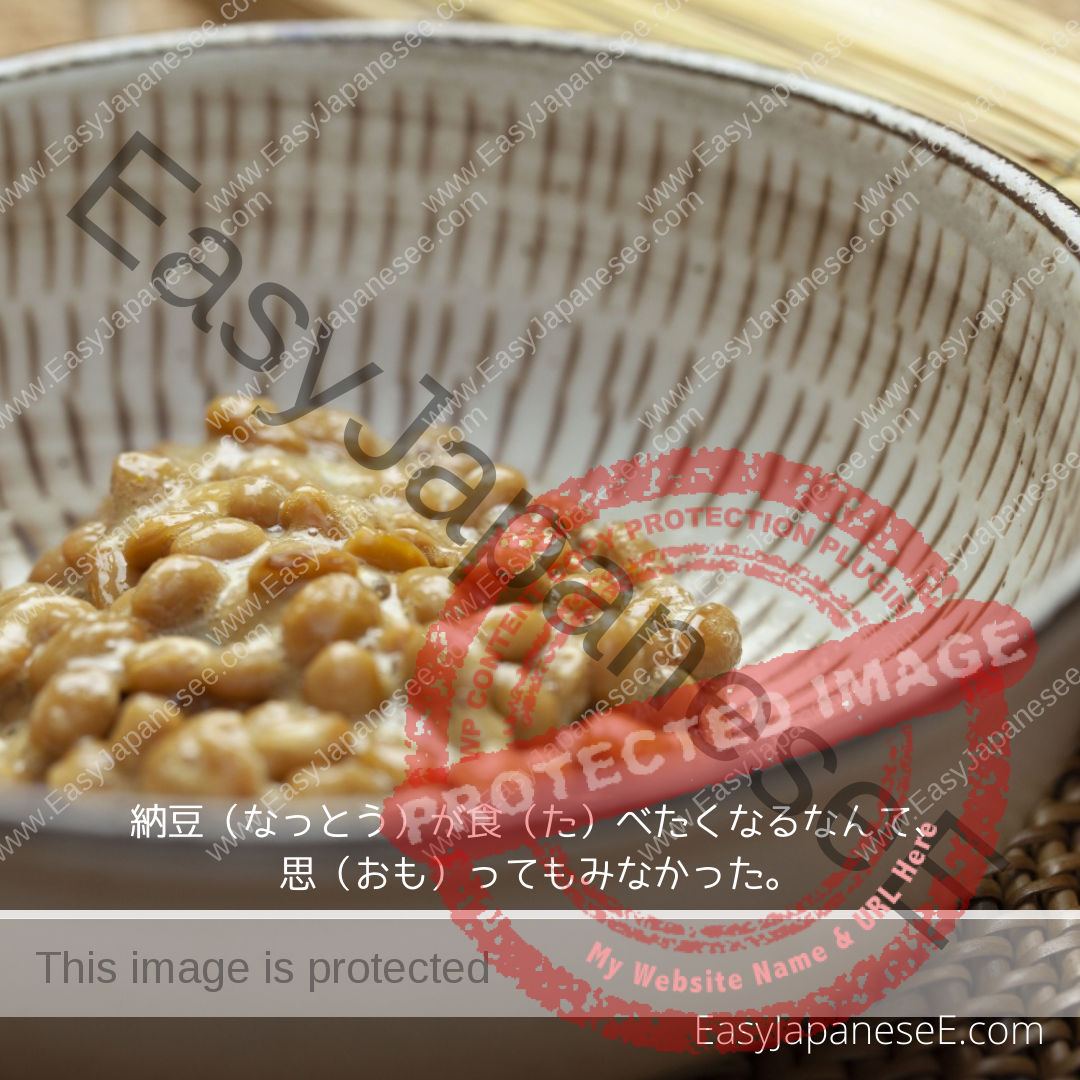
~てもみない is an expression to emphasise surprise or unexpectedness. It is usually used in the past tense and that means “one has never thought …”
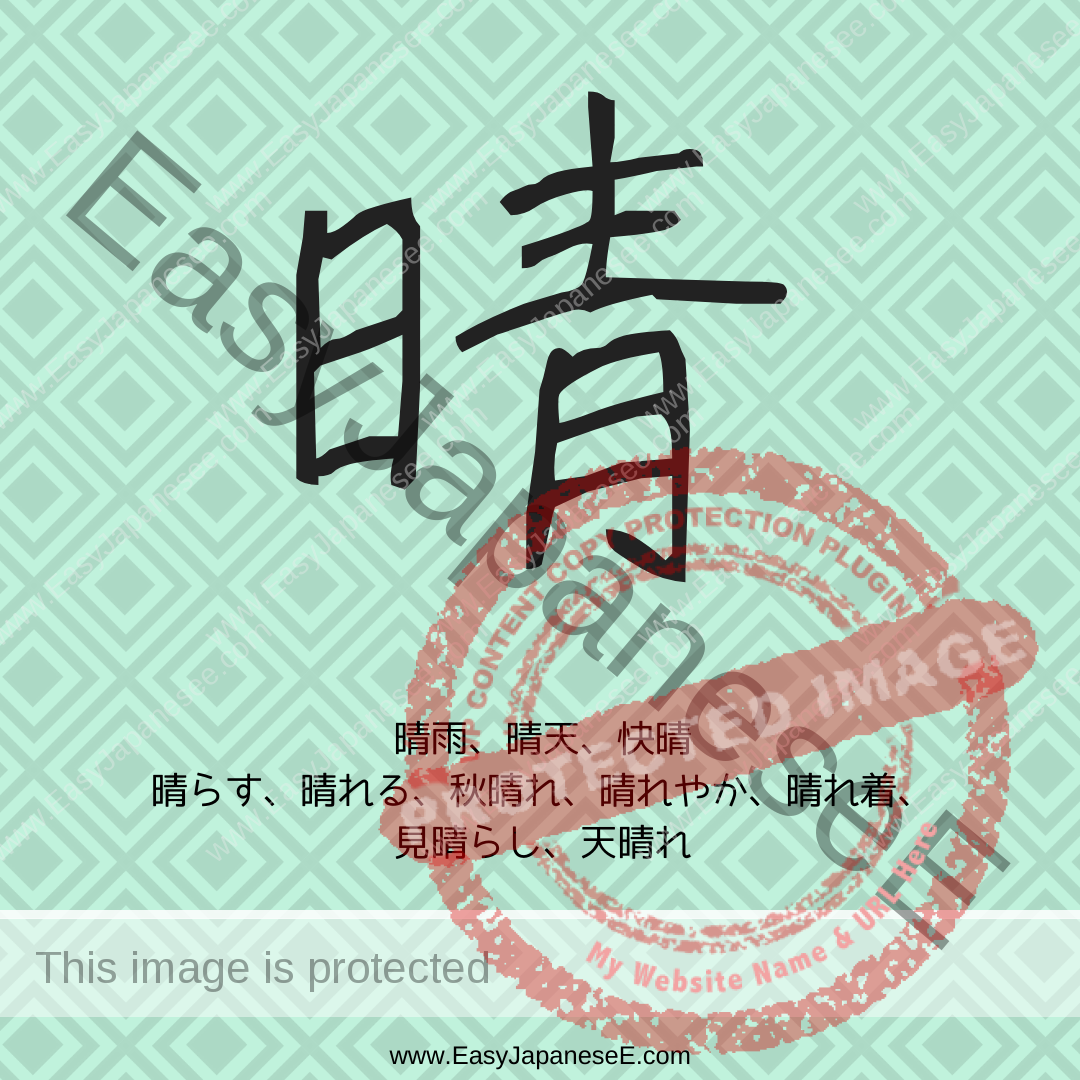
Today’s #kanji is 晴, which is a casual version of 睛. It is listed under its semantic element of #にちへん(日). Its phonetic element is 靑.
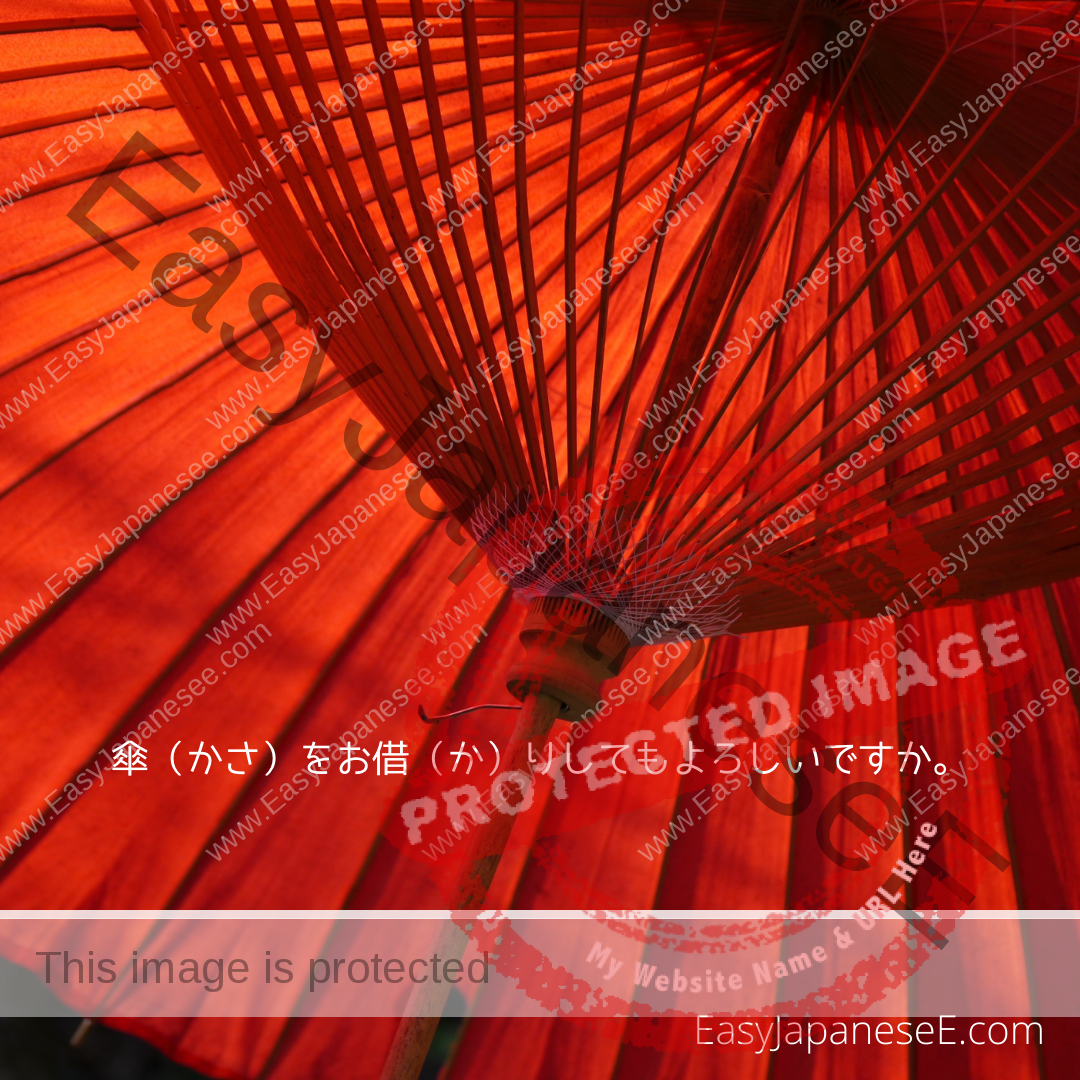
~てもよろしいですか or ~てもよろしいでしょうか is a more formal and more polite way of saying ~てもいいですか (May I ~?). Check its usage and how to respond here.
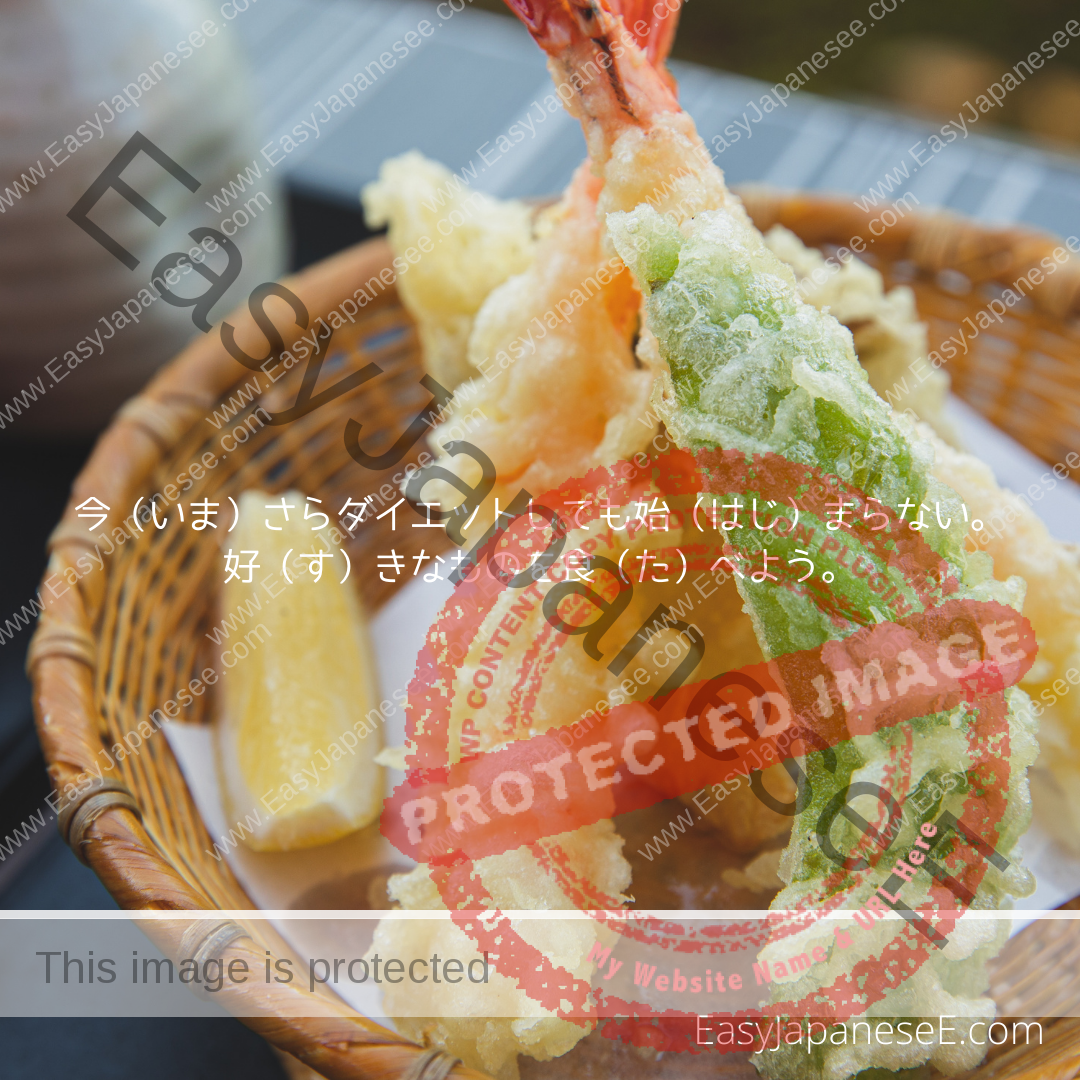
はじまらない is the negative of the intransitive verb はじまる, to begin or to start, so ~てもはじまらない literally means “even if ~, nothing will start.”
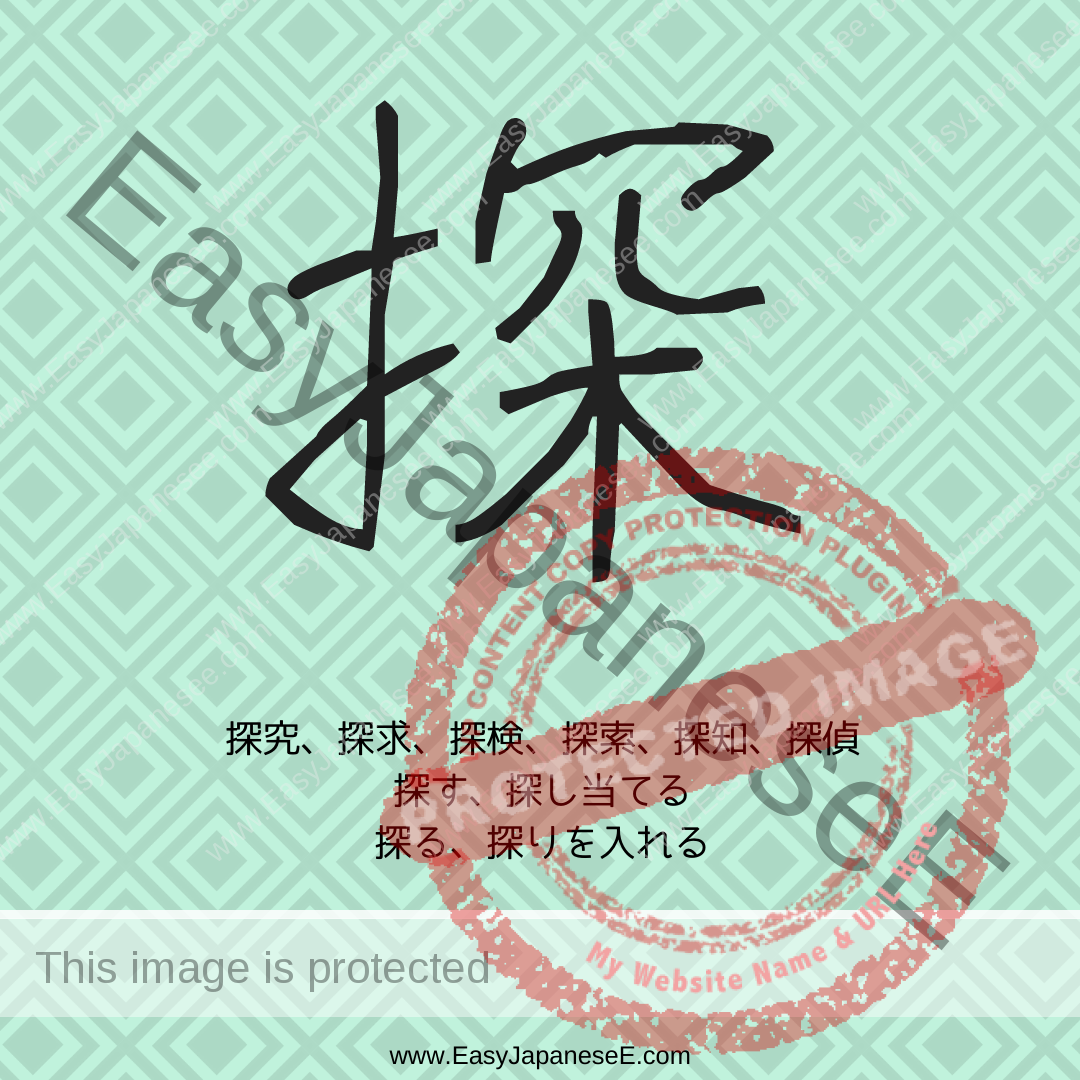
Today’s #kanji is 探, listed under its semantic element of #てへん. 深 used to be written differently. I cannot display its phonetic element as not used in Japanese.
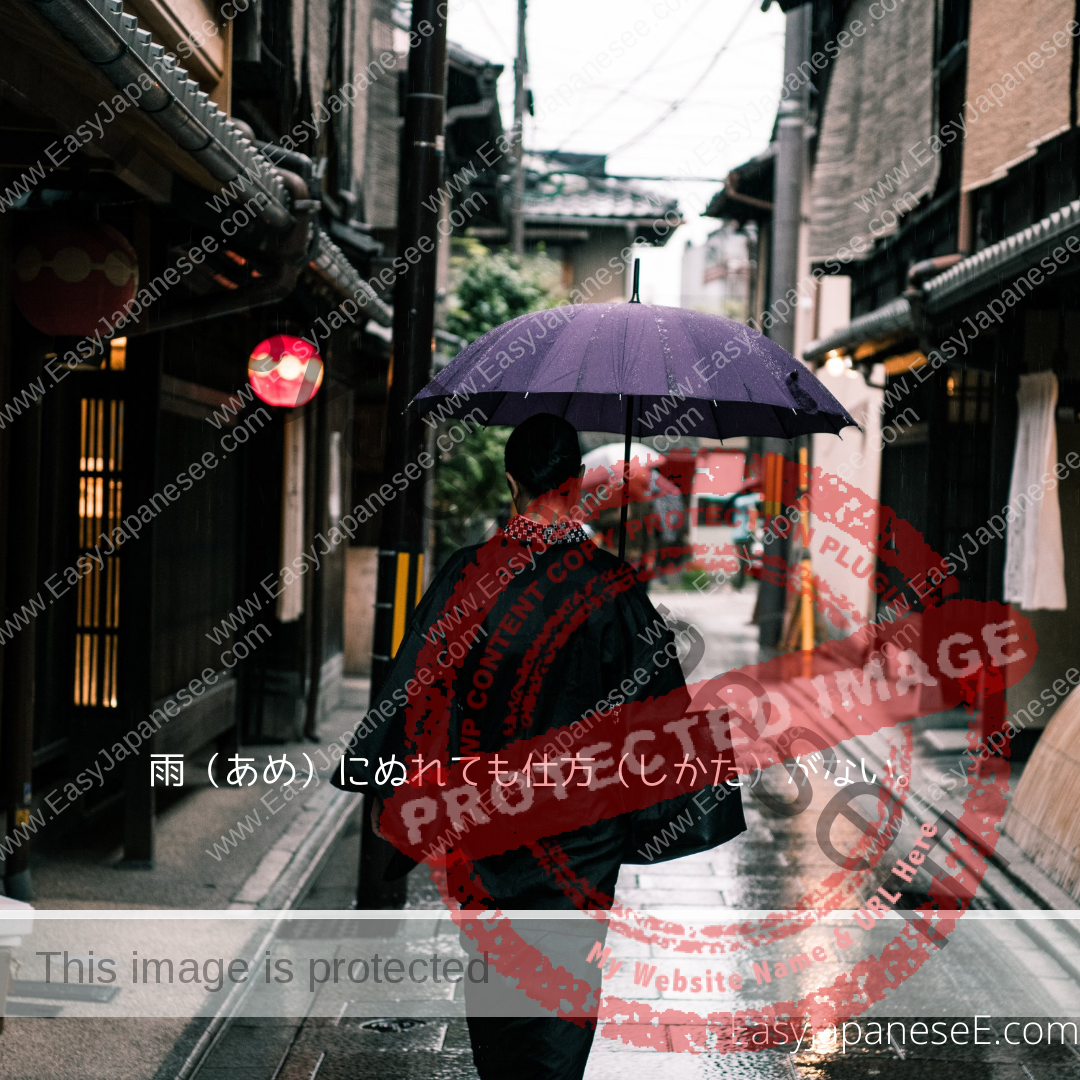
~てもしかたがない or ~てもしょうがない is one of the very common phrases Japanese people use. Do you know what it means? Check it out here.
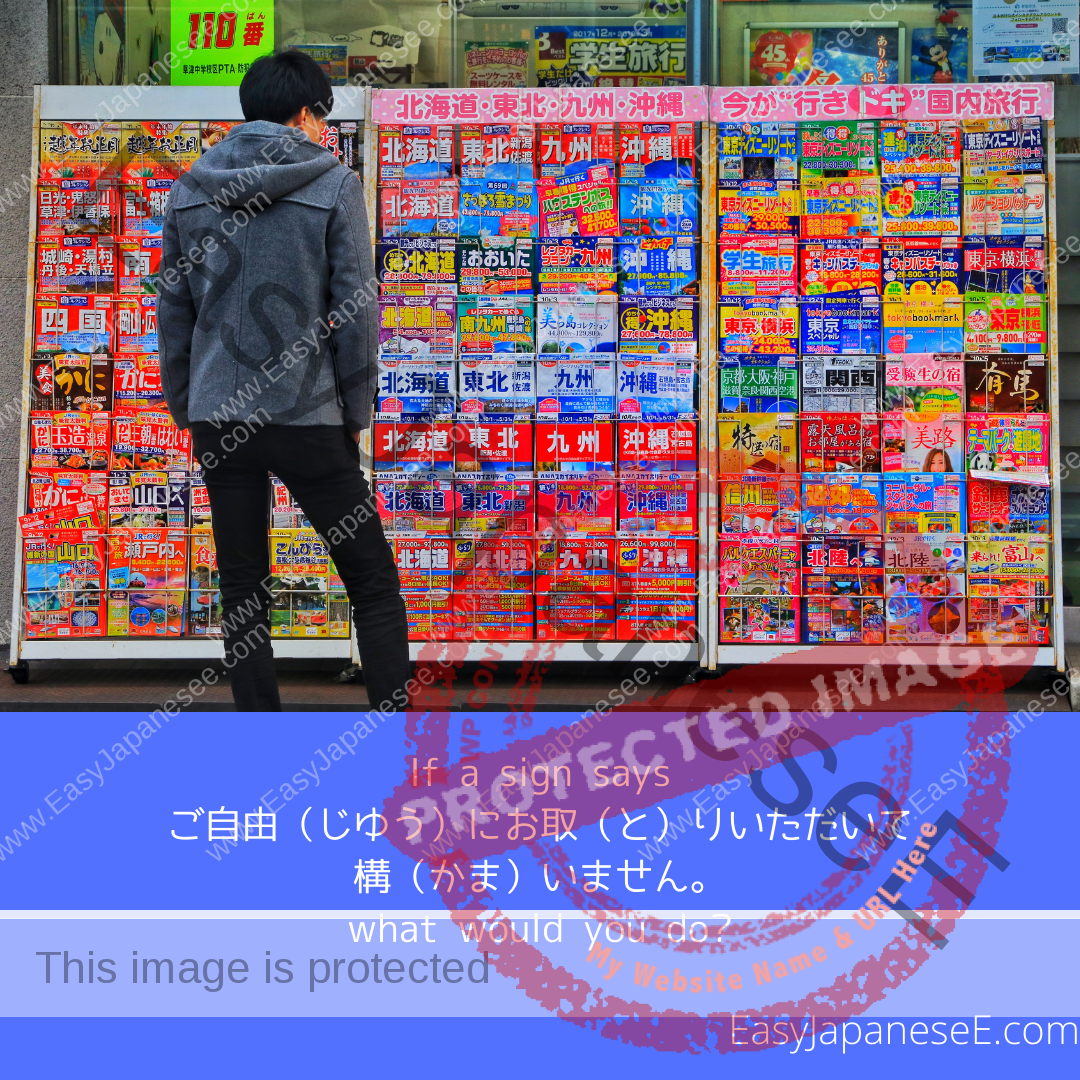
~てもかまわない is used in 2 different meaning. One is a politer version of ~てもいい and the other one is “It doesn’t matter.” Check the usage here.
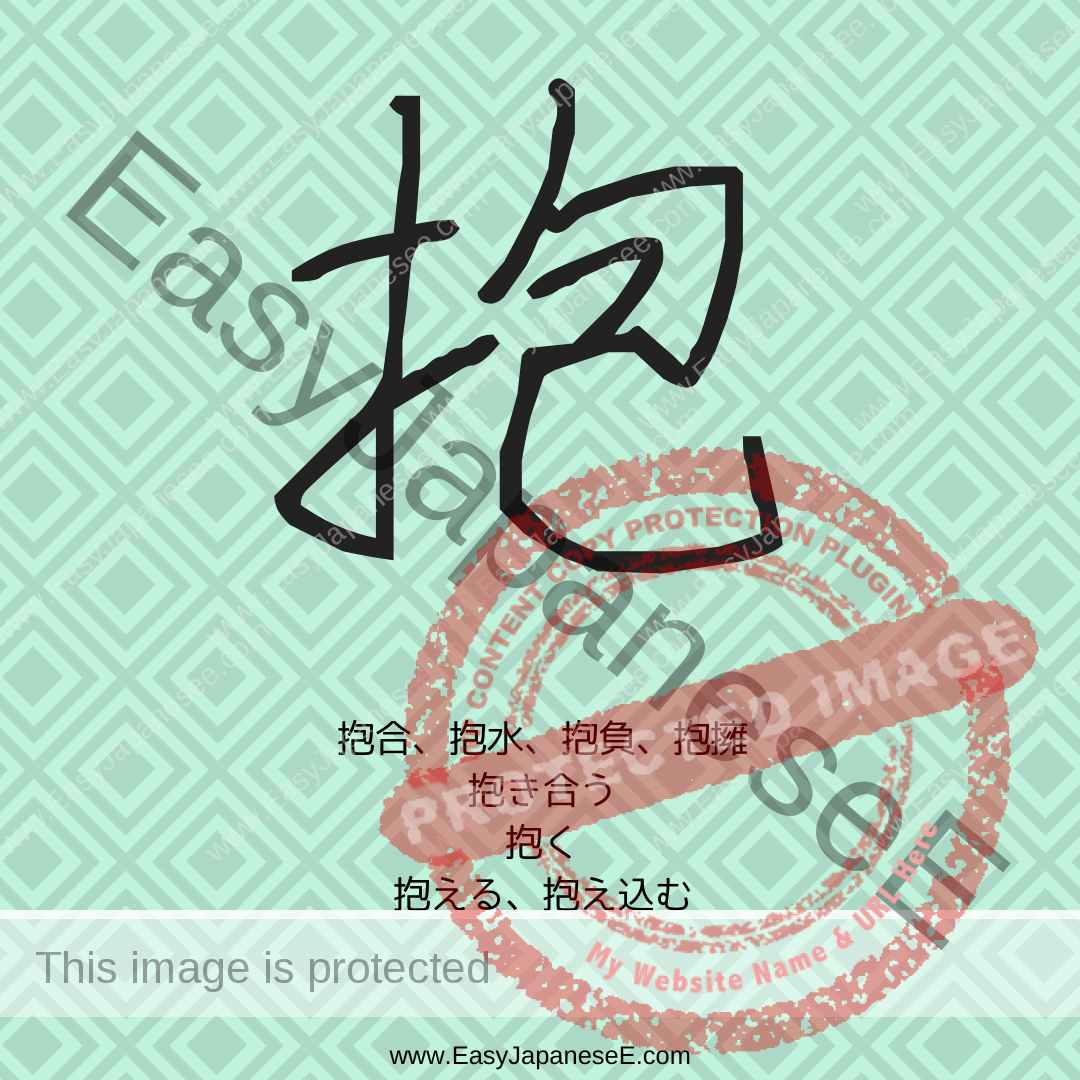
Today’s #kanji is 抱, which is listed under the radical of #てへん(扌). My dictionary says its semantic element was originally 衣 and phonetic element is 包.

~ても is used twice to convey “the result would be the same even if different conditions are met.” ~ても、…なくても is for “the result is the same whether or not ~.”

~ても means “even if ~.” We sometimes use ~ても twice to convey the feeling that “the result would be the same even if different conditions are met.”
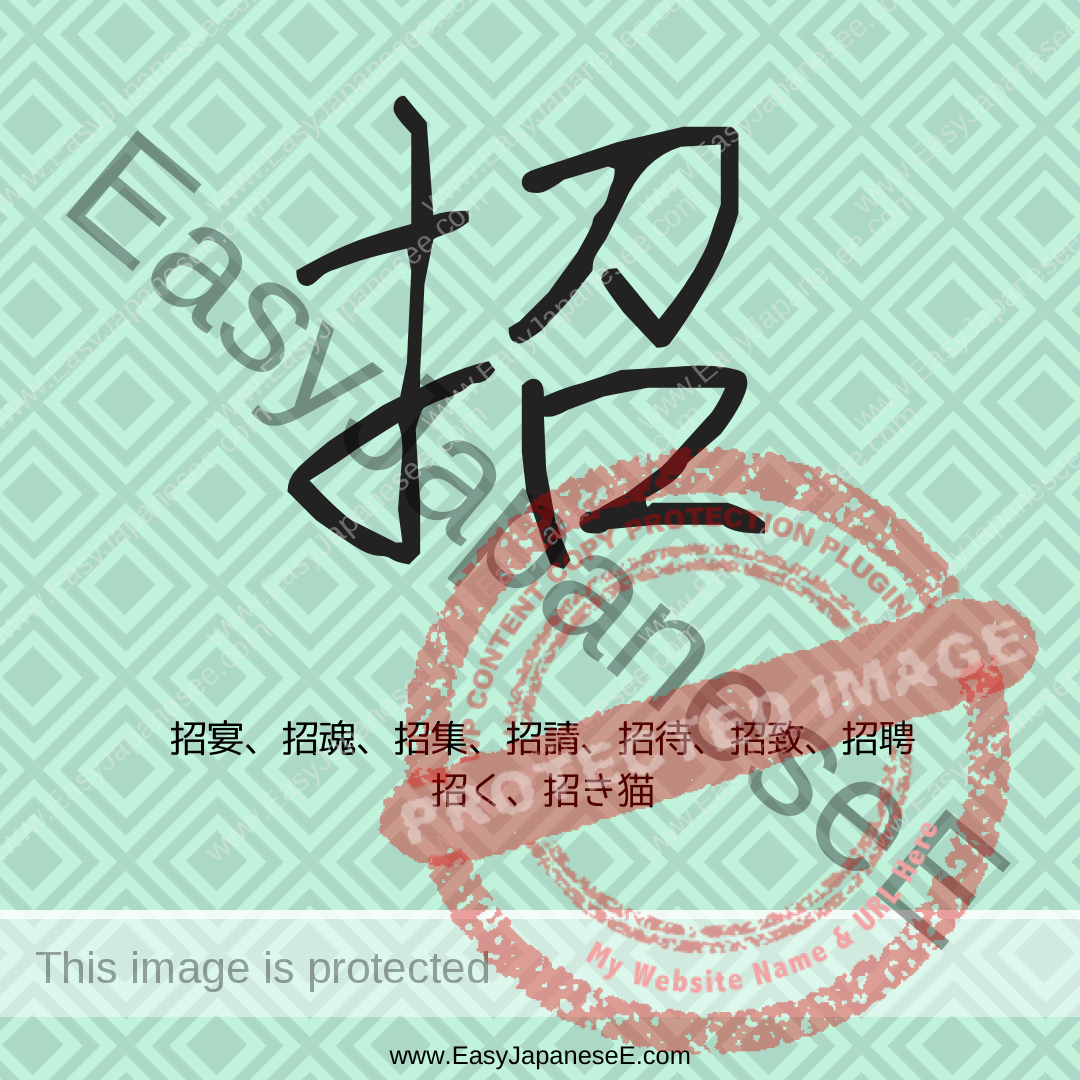
Today’s #kanji is 招, which is listed under its semantic element of #てへん(扌). Its phonetic element is 召 and it has the meaning of “to call” or “to invite.”
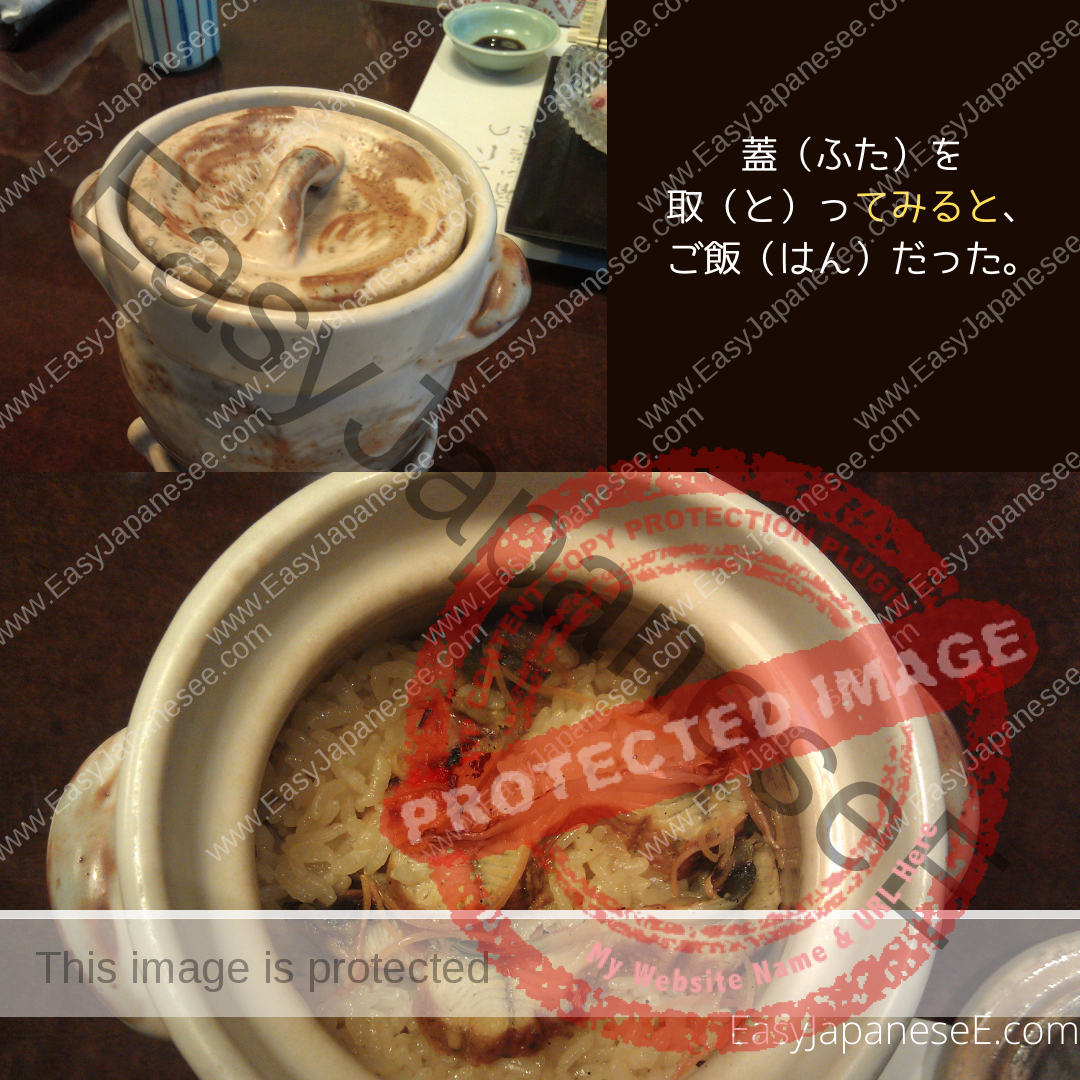
~てみると can describe an action that we do without thinking about the outcome which is expressed in the latter half of the sentence. ~てみたら is almost the same.
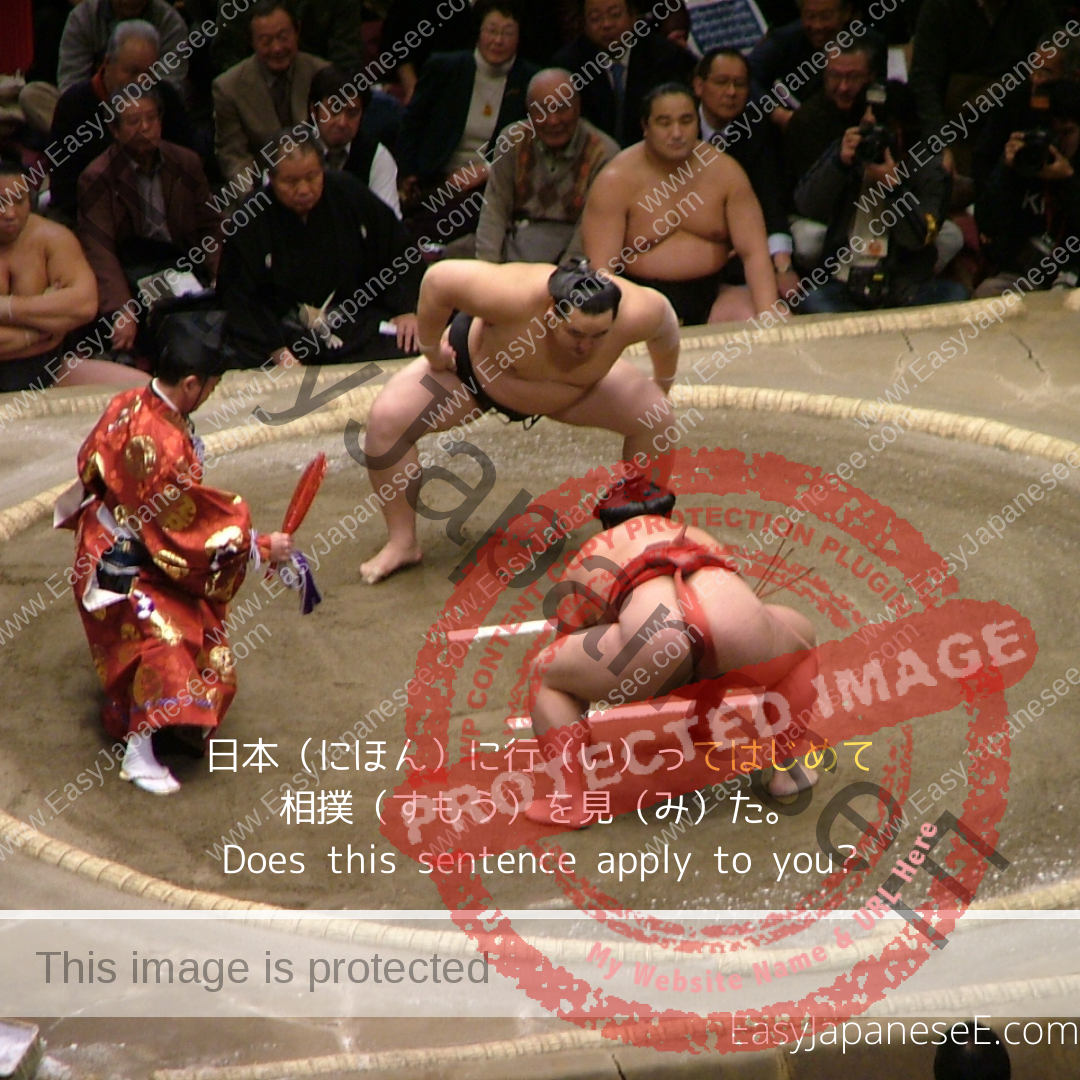
はじめて means “for the first time.” It can be used after a てform and that means “for the first time after ~” or “… not until ~.”
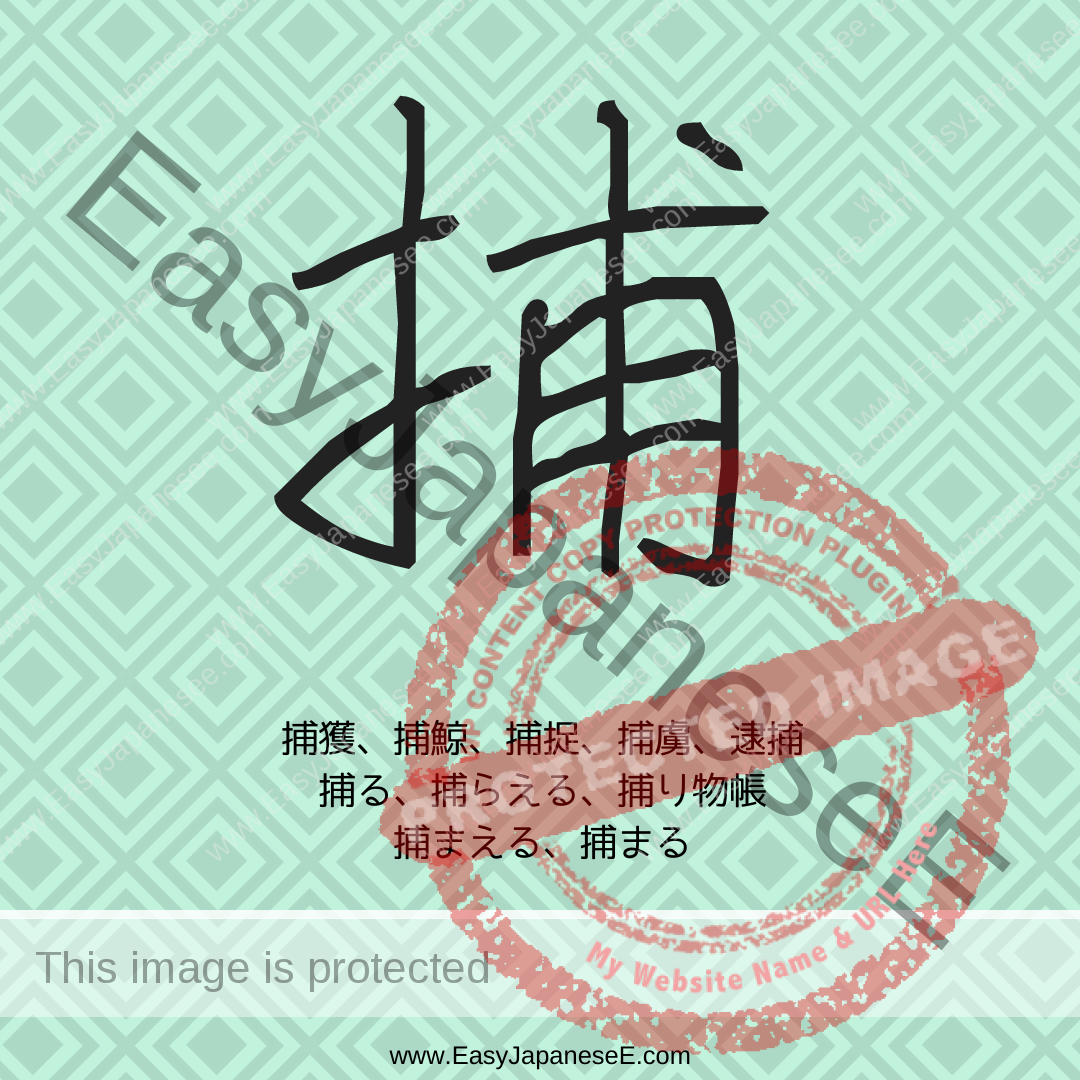
Today’s #kanji is 捕, which is listed under its semantic element of #てへん(扌). Its phonetic element is 甫, which means to tie or bound.
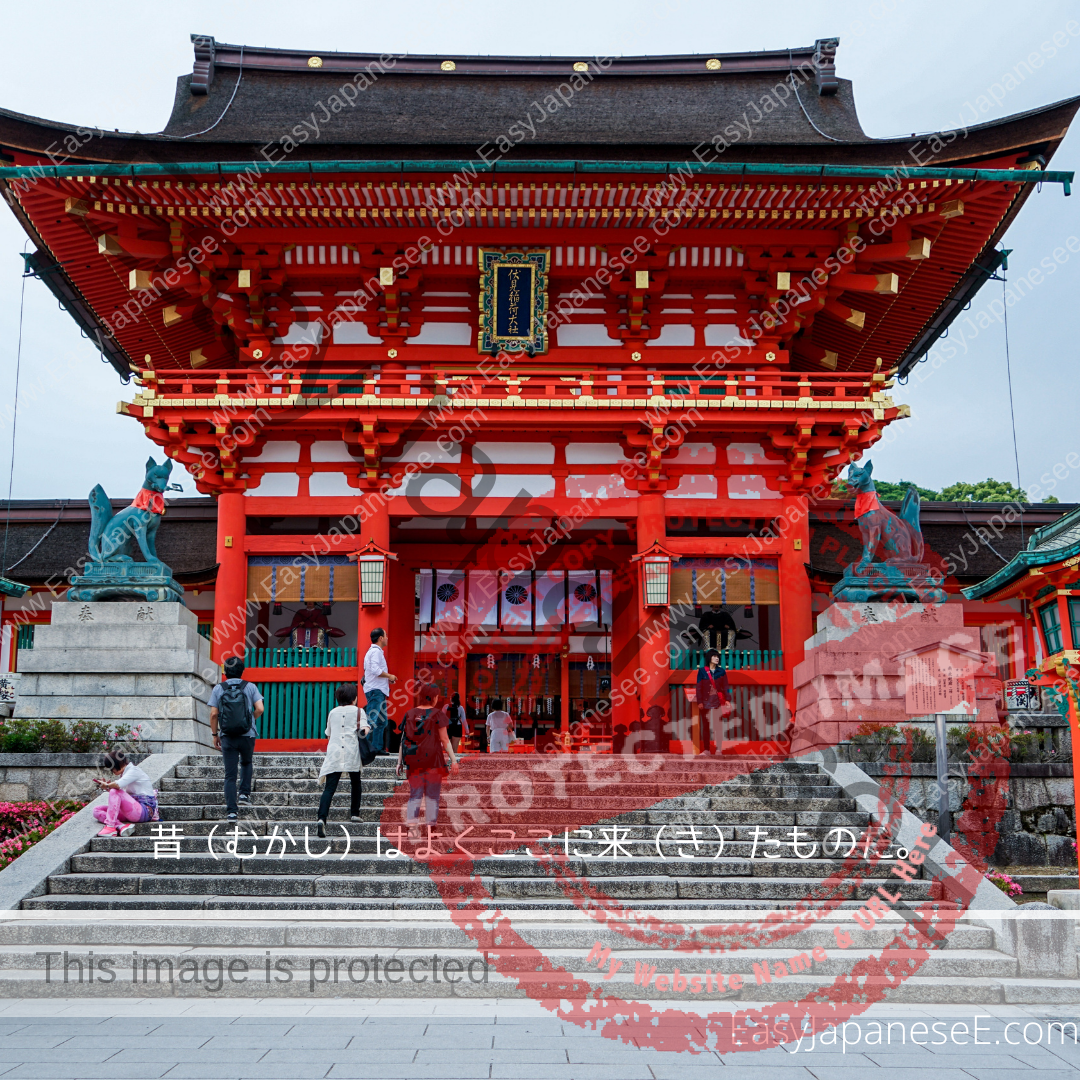
~たものだ is very similar to the English phrase “used to ~.” It is used for a custom and/or habit in the past which is no longer current.
